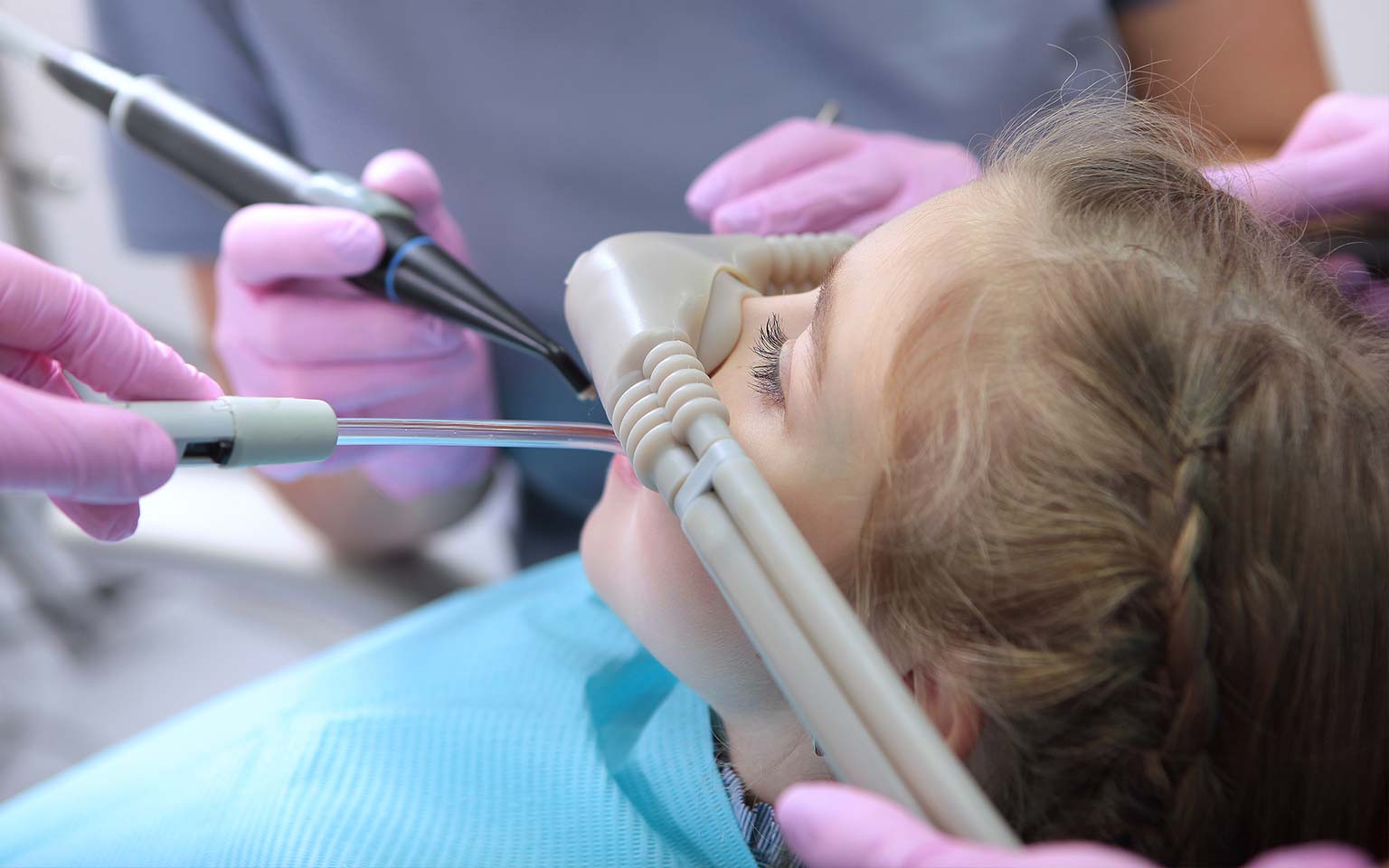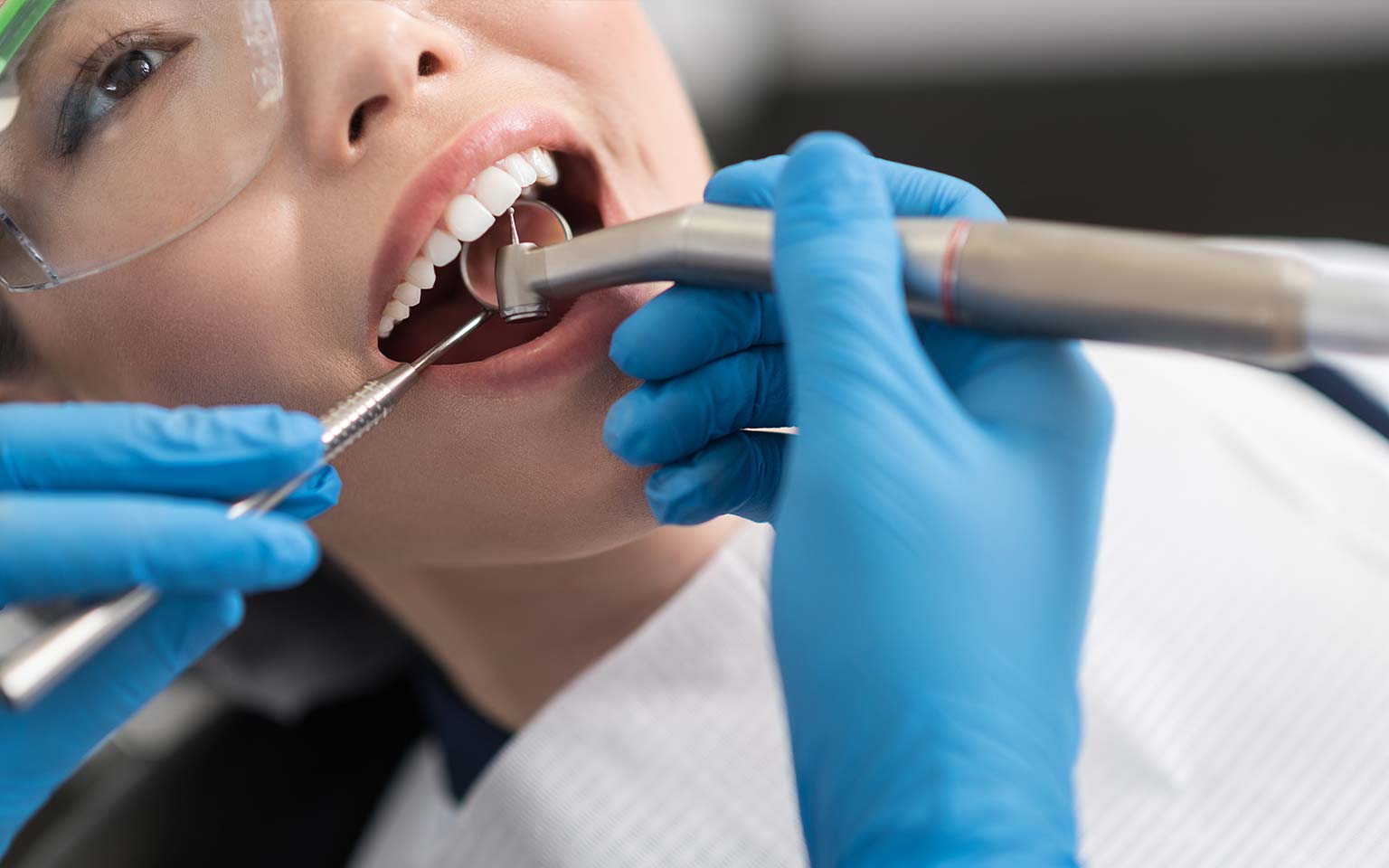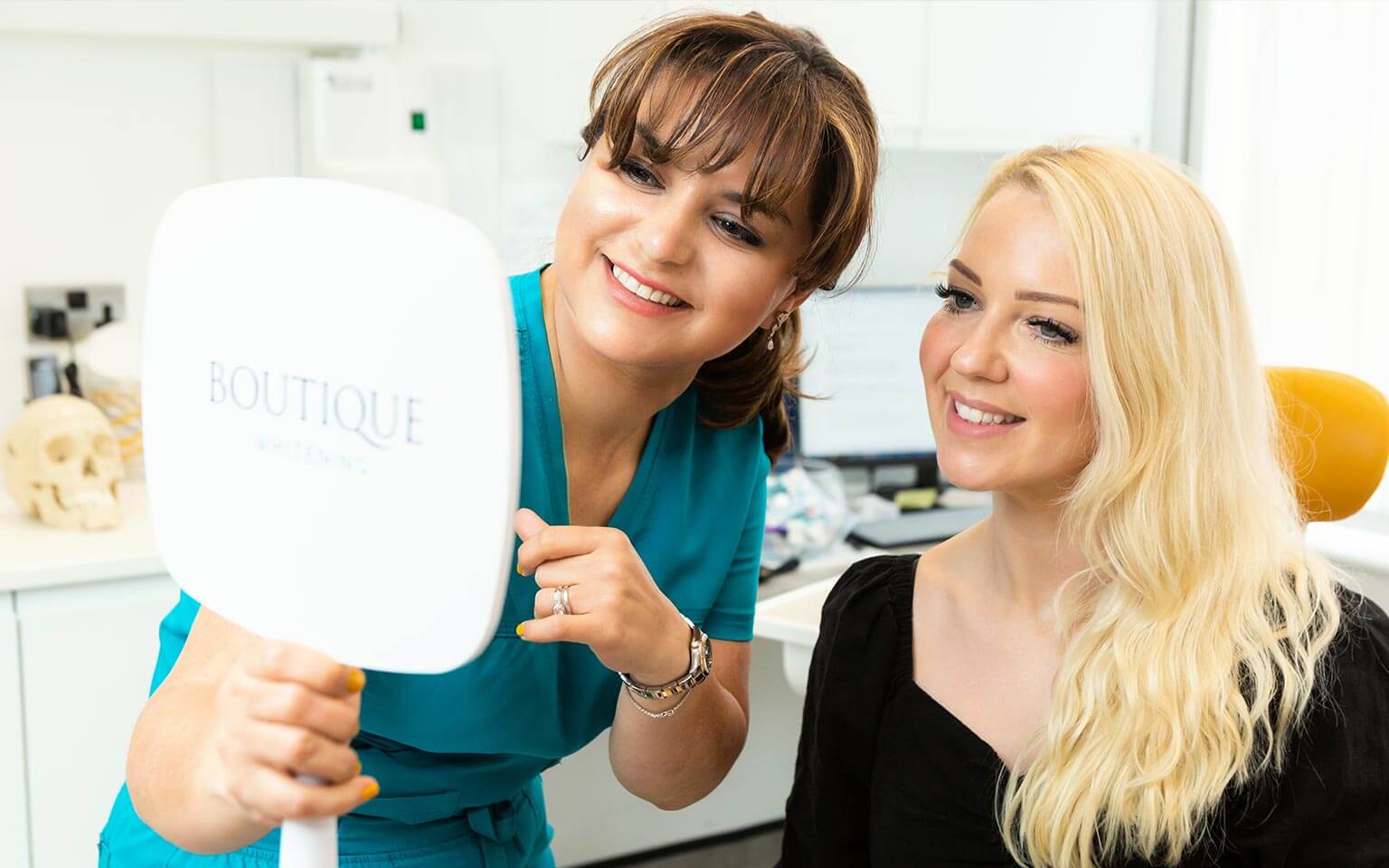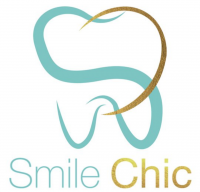IV Sedation
Many people are understandably nervous about having any form of dental treatment. They are still traumatised by horror stories of oral surgery from days gone by, but modern dentistry just isn’t like that anymore. Modern IV sedation is safe and fast-acting, and you won’t feel any pain whatsoever while your treatment is being carried out. Let’s explore what IV sedation is in a little more detail…

What is IV Sedation at a Dentist?
IV sedation is not pain medicine; it is a method of conscious sedation that dentists use to relax you. They understand that whether the treatment being carried out is invasive or non-invasive, people still get dental anxiety at the thought of having dental treatment performed.
With an IV sedation, your body will go into a state of drowsiness, therefore relaxing you enough for your dentist to carry out the required dental work. You will still have control of your faculties and you will feel absolutely no pain. Most dentists offer this option as it is a very routine procedure.
Am I Awake During IV Sedation?
Yes, you will be awake, which will allow you to still converse with your dentist via nods and hand signals. This form of IV sedation dentistry allows a number of dental procedures to be done that otherwise wouldn’t be possible with an overly nervous patient. IV sedation can then be safely used in conjunction with a local anaesthetic to numb the area that is being worked on.

IV Sedation Dentistry: What to Expect
Intravenous sedation is given via a vein and will start to work almost straightaway. This is not like general anesthesia where you are in a controlled state of unconsciousness, intravenous sedatives make you more cooperative for an extended period of time, which means the treatment (and potentially even multiple procedures) can be carried out faster. Under conscious sedation you will:
- Feel calm and relaxed
- Feel less anxious
- Feel drowsy
- Feel less aware of the procedure that is being carried out
- Have little or no memory of the procedure

Preparing for IV Sedation
In order for IV sedation to work effectively, there are some things that you need to do that you wouldn’t normally have to do when visiting your dentist.
Before Oral Sedation
Stop taking any medication unless is it strictly necessary. Your dentist should have a record of your medical history so they can advise you fully on this.
Either eat a very light meal or avoid eating 6-8 hours before the procedure.
You’ll need to organise someone to take you to and from the appointment, as you won’t be legal to drive after having IV sedation.
During Oral Sedation
Time to relax! A thin plastic line will be inserted into a vein on the back of your hand or your arm. If you need any additional sedation, drugs or medication then your dentist will include this in the IV line and it will take effect very quickly. Your pulse, oxygen levels, and vital signs will also be monitored throughout. General anesthesia will then be administered to the area that is being worked on.
After Oral Sedation
After receiving conscious sedation dentistry you will feel very drowsy for several hours afterwards. You will need a responsible adult, like a family member, to collect you and drive you home and then take it easy for the next 12-24 hours. Don’t drink alcohol, don’t drive, avoid operating machinery, and don’t make any major life decisions, such as taking out a loan, as your judgement will be impaired.
IV Sedation and Dental Care with Smile Chic
If you are nervous about having any form of dentistry work carried out then IV sedation really is an option that you should consider. At only £350, IV sedation in dentistry means an end to experiencing dental anxiety and confidence in having future dental procedures.
If you have any questions about receiving intravenous sedation prior to any dental treatment then get in touch and we’ll be happy to go through any concerns you may still have.
Get In Touch
